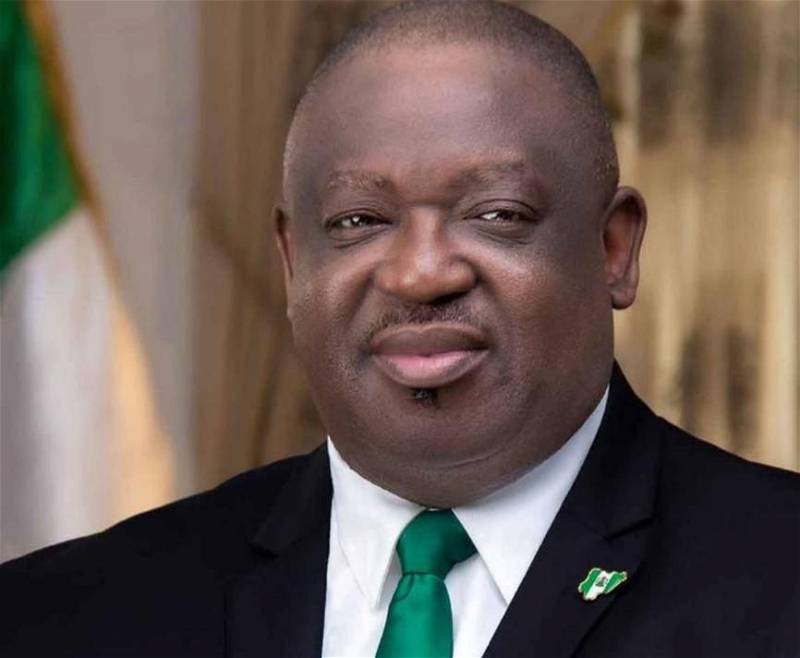Antonio Guterres, the United Nations ecretary-General says the organisation is facing a severe paucity of funds, the worst in nearly 10 years.
Guterres told Member States on Tuesday that the organisation “runs the risk of depleting its liquidity reserves by the end of the month and defaulting on payments to staff and vendors.”
He said only 70 per cent of the total budget assessment for 2019, amounting to $1.99 billion, had been paid as at the end of September, leaving a balance of 1.3 billion dollars.
The current figure, according to him, is eight per cent lower than the 78 per cent payment recorded in the same period in 2018.
“Unless more Governments pay their annual dues, our work and our reforms are at risk”, UN Spokesperson Stéphane Dujarric quoted him as telling the budget-setting Fifth Committee of the General Assembly.
Dujarric told UN correspondents in New York that although 129 out of the 193 Member States had now paid their regular annual dues, others needed to pay “urgently and in full”.
“This is the only way to avoid a default that could risk disrupting operations globally.
“The Secretary-General further asked governments to address the underlying reasons for the crisis and agree on measures to put the United Nations on a sound financial footing,’’ he added.
The United States is missing on the list of Member States that have paid their regular budget assessments as published on the UN website.
Earlier in the year, President Donald Trump reportedly said the U.S. was bearing an “unfair burden” of the cost of the UN, and called on the organisation to reform its operations.
Guterres said on Tuesday that the financial shortage in October could have reached 600 million dollars had the organisation not “contained expenditures globally from the beginning of the year”.
He said the cost-saving measures enabled the UN to fund the General Assembly debate and the high-level meetings in September.
“To date, we have averted major disruptions to operations, but these measures are no longer enough.
“The Secretariat could face a default on salaries and payments for goods and services by the end of November unless more Member States pay their budget dues in full.”
“The Secretary-General noted that this is a recurrent problem that severely hampers the Secretariat’s ability to fulfill its obligations to the people we serve.
“We are now driven to prioritise our work on the basis of the availability of cash, thus undermining the implementation of mandates decided by inter-governmental bodies,’’ Dujarric said.
He said the UN chief expected Member States to resolve the structural issues responsible for the annual financial crisis without further delay.”
Meanwhile, the Secretary-General has presented a $2.94 billion budget proposal for 2010, same as the 2019 estimates.
Guterres said the plan represented a “profound reflection on the path ahead and deep commitment to our shared work,” according to the spokesman.
The UN chief said budget implementation was no longer being driven by planning, but according to “the availability of cash at hand.”
With hiring and non-salary expenditure limited by liquidity, “this undermines mandate delivery and goes against our efforts to focus less on inputs and more on results,” he added. (NAN)



